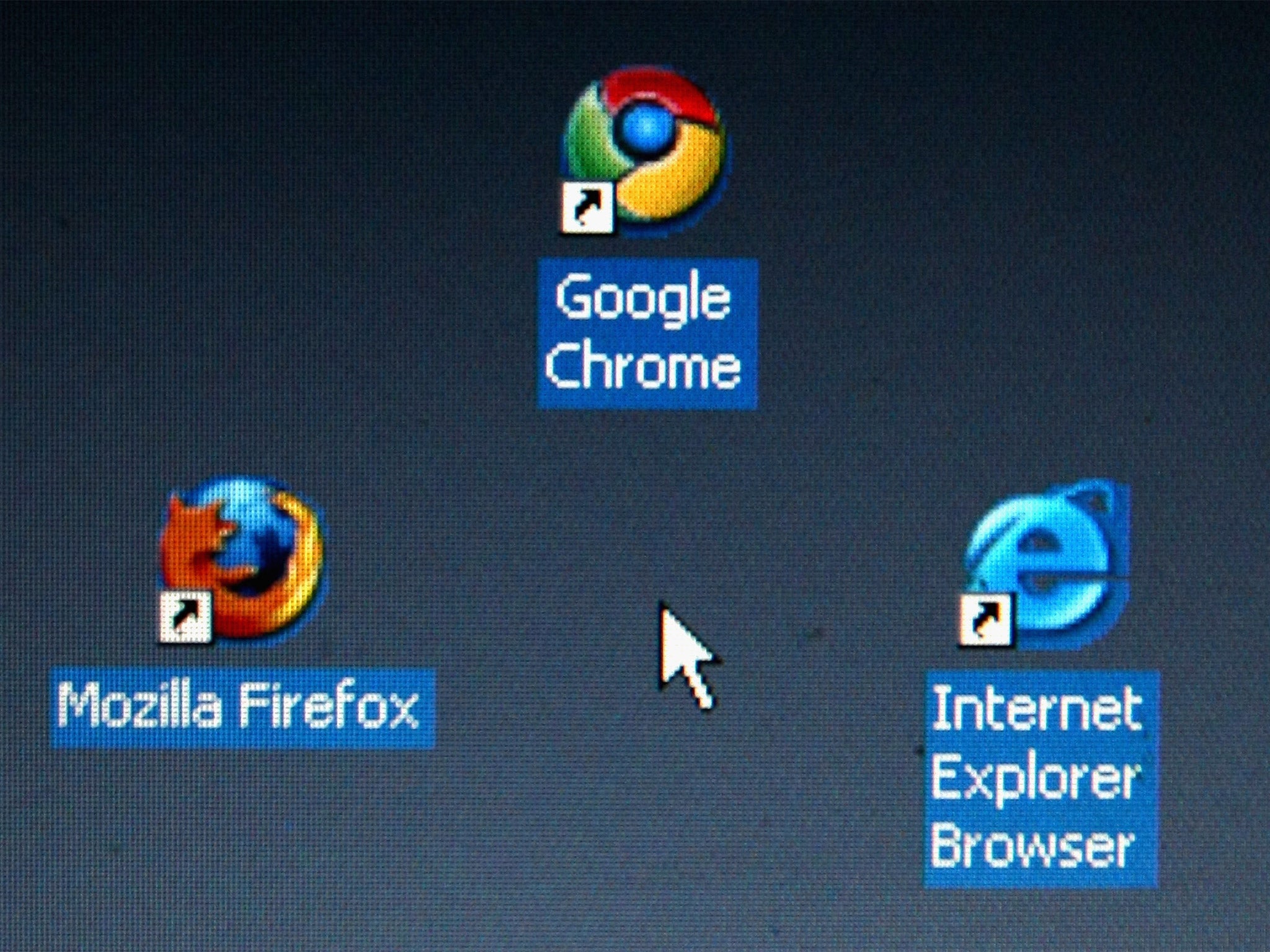Microsoft turns off 'Do Not Track' as default Internet Explorer setting
The change comes following a change in advertising standards

Microsoft has announced that the “Do Not Track” (DNT) setting will not be turned on by default in upcoming versions of its browsing systems, Internet Explorer and Spartan.
DNT setting automatically informs websites and their advertisers that your preference is to opt out of third-party tracking for advertising purposes.
All other major browsers, including Google Chrome, Mozilla Firefox, Apple’s Safari and Opera all support the feature.
The setting, rather than a block, is no more than a request and it is up to the advertiser whether to honour the user’s desire for privacy.
Microsoft had been the first to enable browser to automatically turn on DNT with the launch of Internet Explorer 10 in 2012.
Prior to this decision, advertisers had agreed to abide by the DNT request, as long as it was not the default setting of internet browsers. They argued that the decision should be made by the user rather than the browser.
However, following Microsoft’s decision to turn it on by default, the number of advertisers to honour DNT became fairly low.
The 10 Best Places to Work in the UK
Show all 10Microsoft Chief Privacy Officer Brendon Lynch says that company is now altering its policy to comply with the latest draft of the official W3C standard for DNT.
This new draft explains explicitly that: “The signal sent MUST reflect the user’s preference, not the choice of some vendor, institution, site or network-imposed mechanism outside the user’s control; this applies equally to both the general preference and exceptions.”
Lynch writes on his blog on the Microsoft website that: “Without this change, websites that receive a DNT signal from the new browsers could argue that it doesn’t reflect the user’s preference, and therefore, choose not to honor it.”
Given the arbitrary nature of companies taking DNT into account, tools such as Disconnect and internet add-ons like Ghostery and uBlock are seen as more effective methods of keeping browsing private from advertisers.
Subscribe to Independent Premium to bookmark this article
Want to bookmark your favourite articles and stories to read or reference later? Start your Independent Premium subscription today.

Join our commenting forum
Join thought-provoking conversations, follow other Independent readers and see their replies